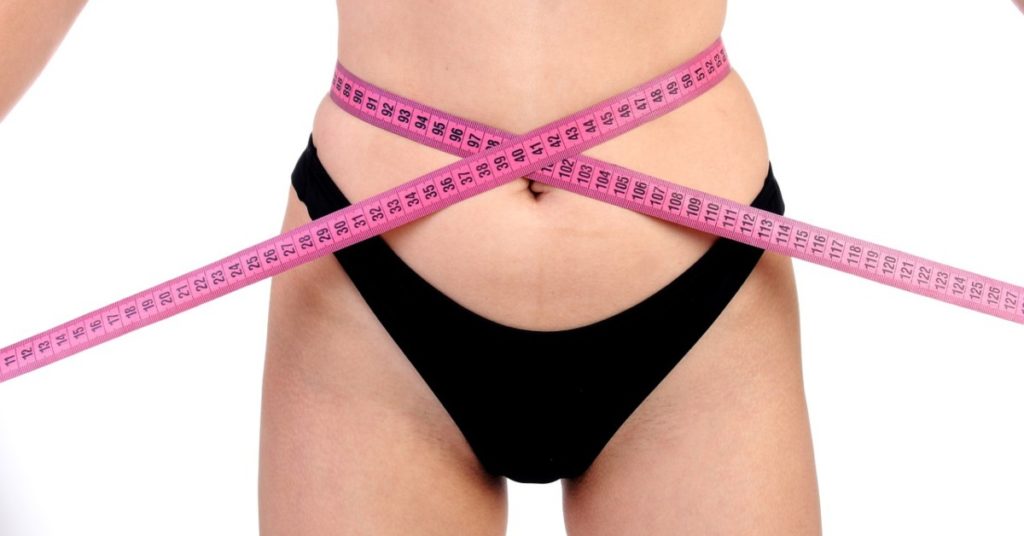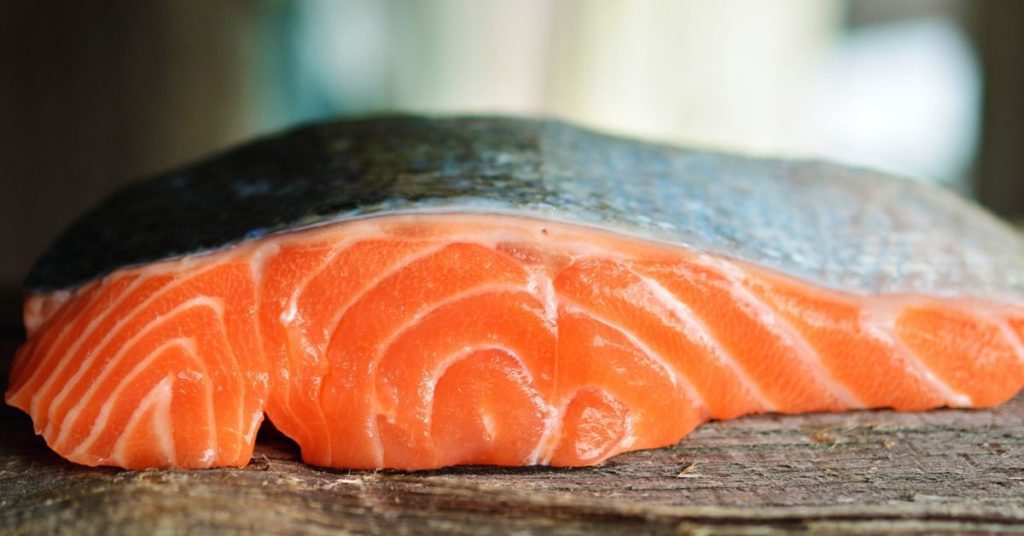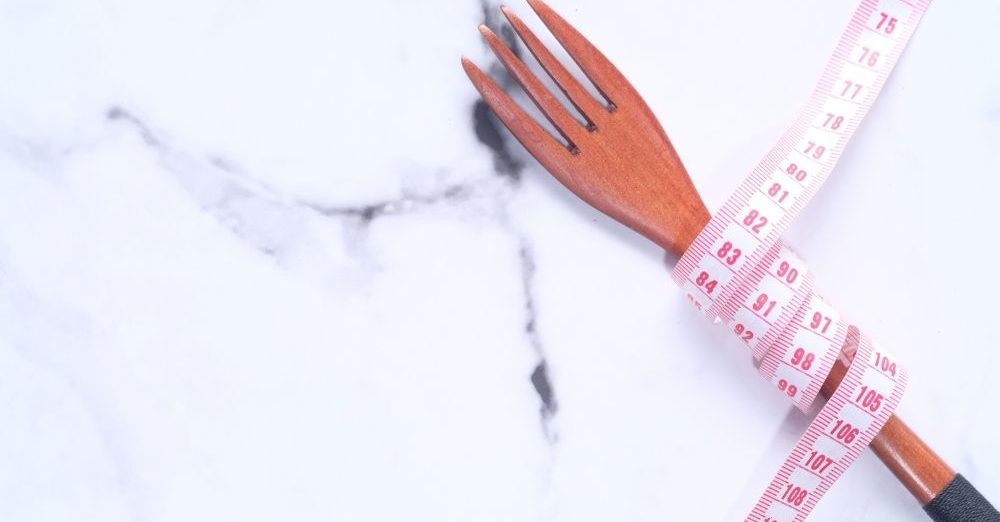If you’re trying to lose weight, still want to eat Italian food, you’re in luck. Italy is one of the healthiest countries in the world, and the cuisine is both healthy and delicious.
It’s very easy to lose weight while following an Italian inspired lifestyle. While we are discussing primarily Italy, you should look at the Mediterranean diet.
The section we will discuss today pertains to the Italian Mediterranean Diet, but the Mediterranean diet as a whole is inspired by all the Mediterranean countries, inclusive of Italy, and is hailed year after year as the healthiest on the planet.
Immediately, you may notice that I said an “Italian inspired lifestyle.” That’s because you will not be dieting, per se. You will be making healthy lifestyle changes, influenced by Italian cultural norms.
Mediterranean Diet Weight Loss
While some people have great success with conventional “dieting,” it is far easier and more sustainable to change your entire lifestyle, to a healthier lifestyle.
If you decide to eat Italian food and lose weight for a while, and then go back to the standard American diet, you’re not going to sustain that weight loss. That’s why it needs to be a mindset shift. In fact, you’ll have to also thing about when you eat and how much. Both portion size and calories in Italian food are less than you might think.
That doesn’t mean you cannot enjoy treats — by all means, have a gelato, but maybe just once a week. It’s all about moderation, which the Italians are very skilled at maintaining.
So, let’s get back to the main point — how you can eat delicious Italian food, and still lose weight. We’re going to give you some great advice, that you can implement in your life starting today.
Remember, losing weight is a marathon, not a sprint — don’t expect to lose fat overnight, it doesn’t work that way. Be conscious of the food you eat, and over time, the results will show. And you’ll also feel better!
With that said, let’s see how Italians manage to live la dolce vita while still maintaining a healthy weight.

Fresh Is Best
An important aspect of Italian cuisine is that it is based around very fresh ingredients. In Italy, it is very common to pop to a local shop daily for fresh ingredients needed for a recipe. It’s also normal to grow your own vegetables and herbs.
This means that you have direct access to the freshest herbs while cooking, which drastically improves the quality and flavor of the dish.
However, in America, popping to the shop daily is not an effective use of time. If you work early and get home late, a daily shop stop may create more stress, which will prevent weight loss.
In that case, consider getting your fruit and vegetables every couple of days, only buying what you require for a certain number of days. Many cities also have delivery services from local farmers.
It’s not just about taste and having higher quality ingredients. The fresher the vegetable, the higher the nutrient levels will be. If you’re eating a tomato which only has a day of life left, it’s not going to have the same nutritional value as a fresher tomato.
Of course, you should still eat it — it’s still healthy, and Italians never let food go to waste. It’s just good to be mindful.
Fatty Fish
Fish is highly praised in the Italian diet. There are many ways of cooking it, whether that be on salad, paired with vegetables, or even with pasta.
It’s incredibly healthy and full of good, heart-healthy fats. Fish should be consumed around twice a week, and you should generally only consume oily fish high in Omega-3 such as salmon once a week.

It’s important to mention that within Italian cuisine, the fish is often fresh, often bought at a market or fishmonger. It is then prepared depending on the dish’s requirements and eaten. In America, we have access to so many fish, all prepared differently.
Now, it is okay to eat breaded fish — but perhaps once a week, or once every two weeks. You should aim to eat fresh fish. If you need added flavor, marinate the dish, your food is supposed to taste delicious!
It’s not going to be ideal if you’re eating breaded fish, with very little ‘fish’ included. If you can get your fish fresh from a fishmonger, great — do that. If not, check the freezer sections for frozen fish, and pick the healthiest.
Extra Virgin Olive Oil
Next up, you’re going to want to replace the oil you use with extra virgin olive oil.
Extra virgin olive oil is the healthiest oil on the market because it has been processed the least. Other oils are more processed, with means they interact with heat and chemicals far more than extra virgin olive oil does.
In most cases, extra virgin olive oil interacts with little to no heat and chemicals, which is what keeps its nutrient content very high.
In America, we have been conditioned to view oil as ‘bad’. Well, the oil most of us use isn’t particularly healthy, and it is artery-clogging — but not all oil is! That’s why you need to consume extra olive virgin oil because it’s actually good for you.
Once you start experimenting with new oils, you’ll notice that the flavor is drastically different. It’s far tastier than other oils, and you’ll learn to appreciate the unique flavors.
In fact, if you can switch butter for oil, in most cases, that will be ideal too. Instead of buttery toast for breakfast, why not try toast, with a dash of oil, with some fresh tomato and onion?
Straight away you’re getting in fats, vegetables, and (technically) fruit. It’s also far more satisfying, so you’ll be less likely to snack.
Portion Size
As we mentioned, the size of your portions matter, and it works both ways. If your portion size is too small, you’re going to feel more hungry — you’re going to snack, and likely eat unhealthy foods. Food should be nourishing, you should feel good and satisfied after you eat.
Likewise, don’t eat too big of a portion. If you feel like you can’t move after every meal, you’re eating too much food at once.
You’re stretching your stomach, and you should gradually reduce your portion size. Stop eating when you feel satisfied, when you’re not hungry anymore.
Another thing to consider is that the Italian diet is not just pasta, cheese, and fish. It’s very focused on vegetables. Half of your meal should be made up of vegetables. Not only is it nutritious, but it’s less dense, so you’ll feel lighter. It’s not just about cooking the right amount of pasta.
It’s ensuring that your food is full of fresh vegetables, nuts, seeds, healthy fats. Furthermore, it all matters, and you have to consider that when making your changes.
Some days you will eat larger portions, sometimes you will eat smaller portions. That’s normal — give your body what it needs on that day, and you’ll start to not only lose weight but feel healthier.
No Calorie Counting
Another keynote is to not count calories. Sorry, get rid of all those apps which count every bite you eat. Unless they truly help you stay accountable, then you don’t need them. Eat intuitively — learn to understand your hunger cues, and what your body is craving.
Look, we all mess up sometimes — just because you ate half a pack of biscuits does not mean you have to ruin the rest of your day. That’s fine, that’s normal, that’s human. It’s not a diet, it’s a lifestyle change, but if you do recreate bad habits — forgive yourself, it’s not a big deal.

No Snacking
Yeah, this might, be a little kick in the shin, but don’t fret.
Typically, Italians don’t eat snacks. The snacks they do consume are pretty healthy — fruit, nuts, seeds, and so forth. Of course, from time to time chocolate will be consumed, but not daily, and not in mass amounts. This is consistent with what is know as “intermittent fasting,” which has become somewhat fashionable in recent years, although it has always been part of the Mediterranean lifestyle.
You might think, “How can I go without snacks? I’ll be hungry, and you told me to eat intuitively?”
Ah, but you won’t be hungry, not if you commit yourself to eat healthy, filling food. Three meals a day, of food that makes you feel good, and eating until you are satisfied.
Look, if you need to snack, then, by all means, eat a snack. It’s just changing your perspective from eating constantly, to eating more balanced and letting your body digest food properly.
If you still end up hungry after your meals, then consider reflecting on your fat to protein ratio, as these food groups should help you feel full and sustained.
Exercise
While you don’t need to exercise to lose weight, it will certainly help speed up the process. Not only that, but it’ll make you healthier and fitter, which should be the overall aim.
Not everyone can exercise for 30 minutes every day — I understand that, and it’s unfair to put strict demands onto people. If you work all day and all night, then rest please, your wellbeing is also vitally important.
With that said, if you can make time, or if you can make time on the weekends, exercise. Even if it’s just a walk, a hike, a run — do something physical which your heart will benefit from.
There’s an age-old saying, “you’ll never regret your last workout.” It’s true, it makes you feel good. Whether you only have time once a week, or you can manage four times a week, do what you can for your body.
Eat Italian And Lose Weight – FAQs
Why do Italians eat so well and still stay so trim?
Italians eat a balanced diet, with little or no snacking, and without indulging in junk food or fast food.
Do Italians eat pasta at every meal?
No, Italians don’t eat pasta at every meal, but will likely enjoy it 4-5 times a week.
What are some typical ingredients in the Italian diet?
Italians tend to eat a lot of vegetables and very little animal protein, with the exception of seafood. They also consume moderate amounts of both extra virgin olive oil and red wine, both of which have been shown to be heart healthy.
Do Italians exercise a lot?
Not particularly. But they tend to incorporate a lot of natural movement throughout the day such as walking, housework, and gardening.
Okay, that’s the end of the article. I hope you’ve gained some useful information that can help you make some great healthy changes in your life. You can of course eat like an Italian and lose weight, and you will have great fun doing so — because that’s the Italian way.
